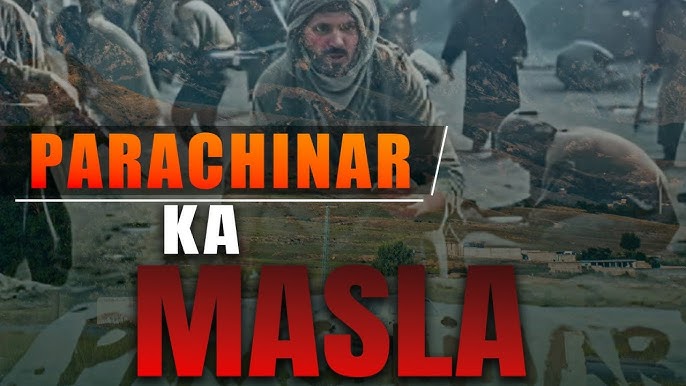Parachinar Conflict and Its Humanitarian Impact:
In Parachinar, Khyber Pakhtunkhwa, there has been recent violence due to a series of events that started with the killing of a Sunni person. This incident led to attacks on Shia school teachers, fueling sectarian tensions between Sunni and Shia communities. Extremist groups like Tehrik-i-Taliban Pakistan (TTP) and Lashkar-e-Jhangvi (LeJ) have added to the violence by targeting Shias. Additionally, some local Shia youth have been recruited by Iran to fight in Syria, which has further stirred up conflict. The combination of these issues, along with local tribal rivalries and the strategic importance of Parachinar, has made the region very unstable.
The clashes started over a land dispute between two tribes and quickly spread to nearby areas like Peewar, Tangi, and others. What began as a local argument grew bigger, pulling in more people and worsening sectarian tensions. This has made the region even more unstable. Militant groups like TTP and LeJ are taking advantage of the chaos to gain influence. Local leaders say the government is not doing enough to stop these groups from crossing the border from Afghanistan, which has made the security situation worse. To restore order, Pakistani forces have been sent to the area.

Parachinar Shia killing:
45 people have been killed and 200 plus injured. The violence has made the situation very dire, with roads blocked and shortages of food, medicine, and fuel. Schools, markets, and offices are closed because of the heavy fighting, which includes the use of missiles and rockets. Even though there have been attempts to agree on a ceasefire, the war continues as both sides have broken the truce. The head of Parachinar District General Hospital, Sabir Hussain, asked the public for help because the hospital couldn't handle all the injured people.











